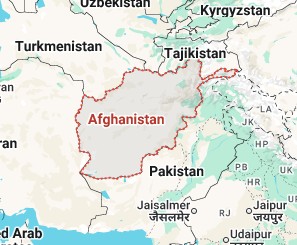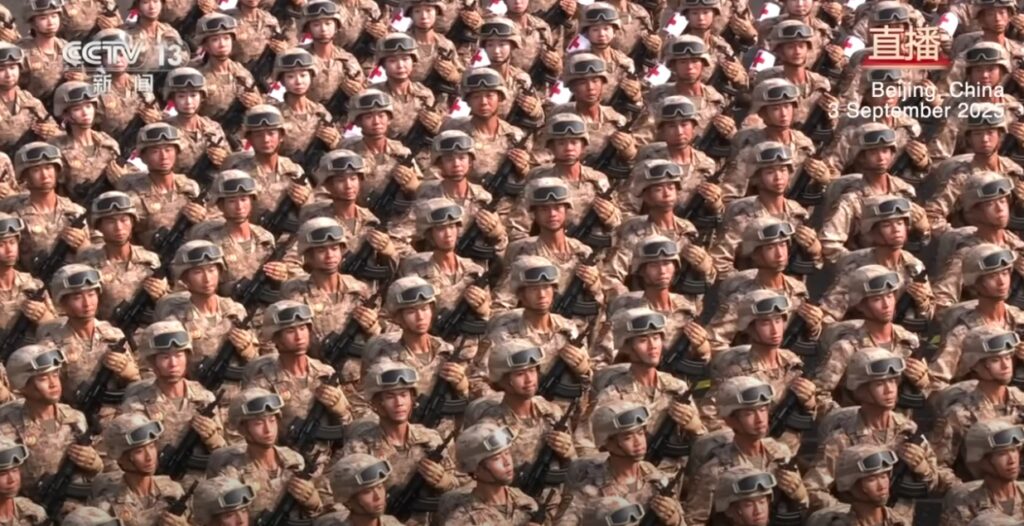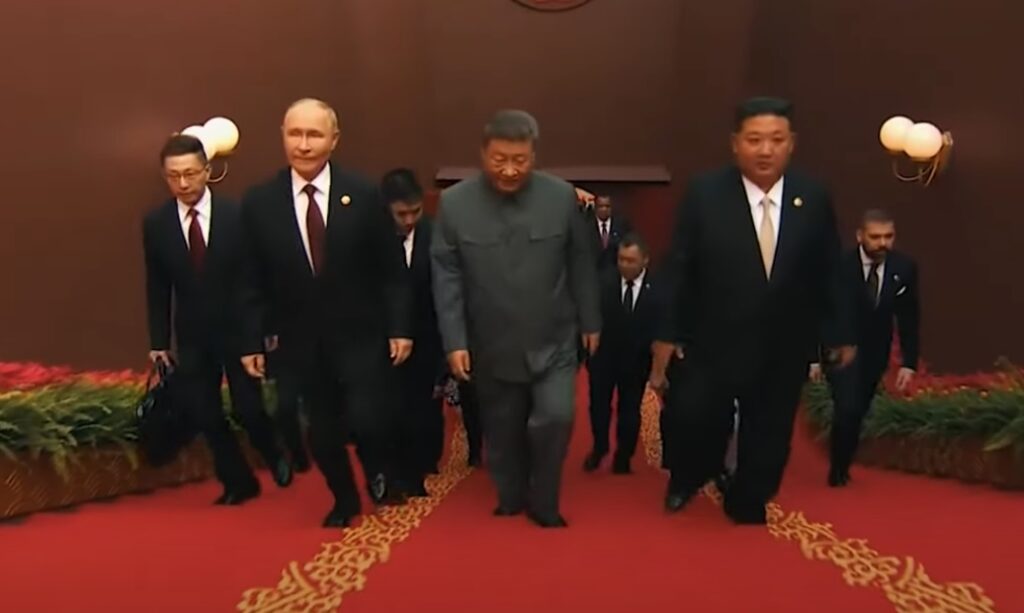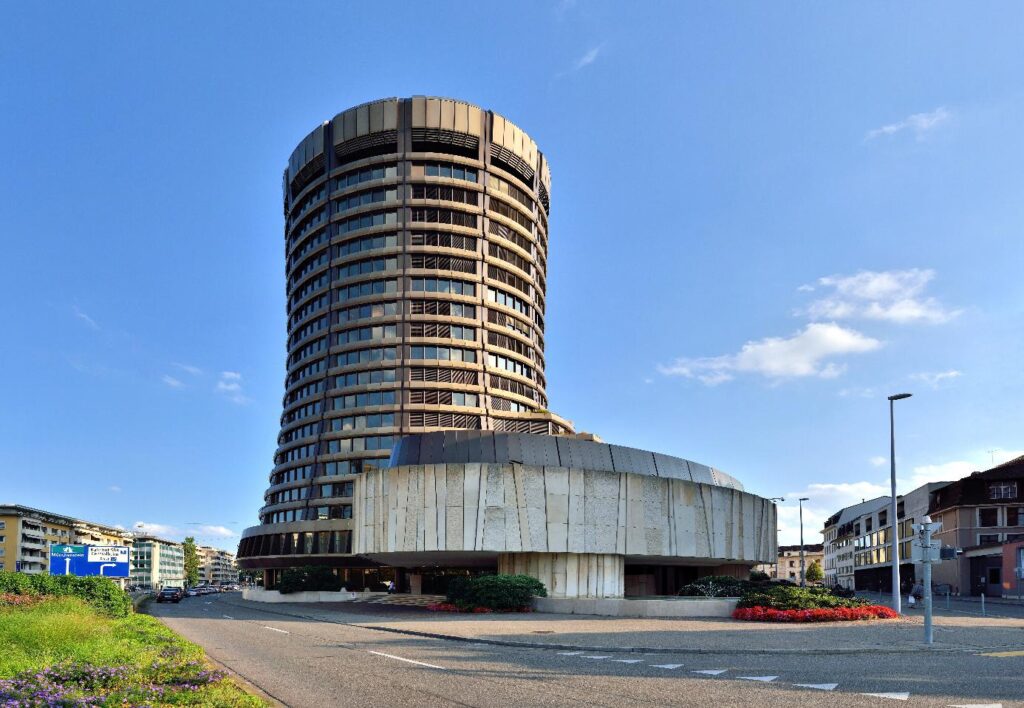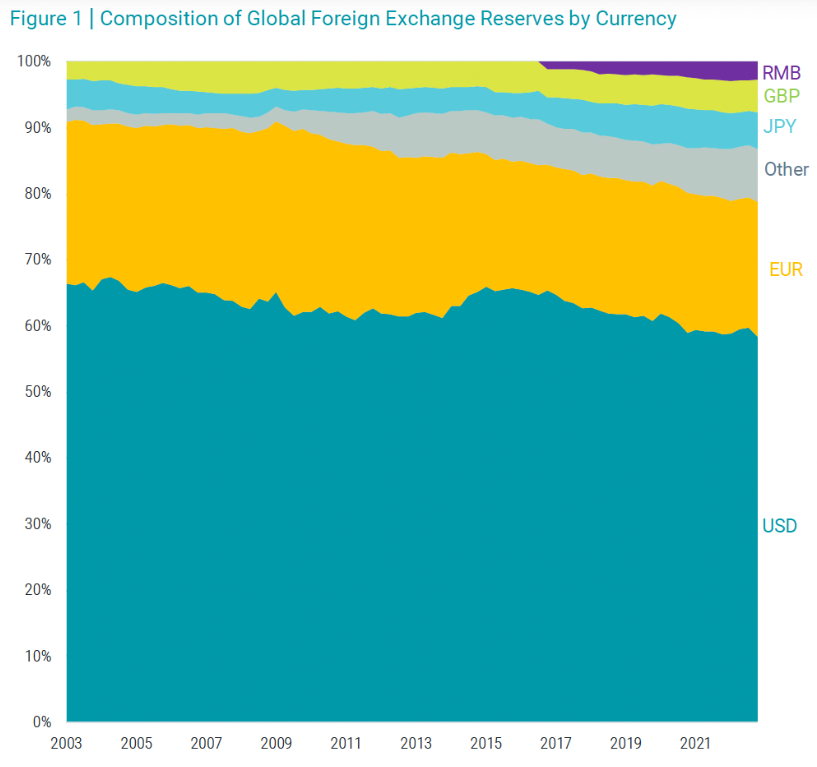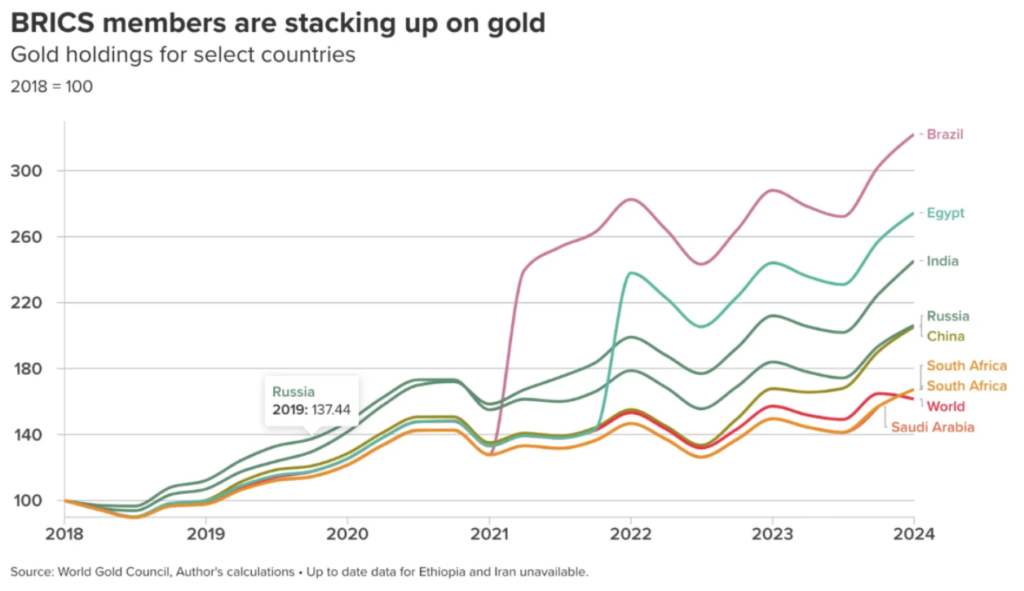A truly sovereign state is one that is not forced to do the bidding of any other state. When is a state forced to do the bidding of another state? A state is forced to do the bidding of another state if it is not strong enough to retaliate or if it is dependent on this other state for survival. To be genuinely sovereign a state needs to have nuclear armament with missiles capable of delivering the mortal load and economic near-autarky. Today’s economy cannot be reduced to mining natural resources or producing automobiles or having a well-developed agriculture. Today’s economy – indeed, today’s world – is all about information. Strictly speaking: about access to information or lack thereof. Today’s world is all about the exchange of information that is: communication. This includes the internet but also the telecommunication networks that can operate around the globe. All of this is grounded in a network or constellation of satellites: they secure swift communication, they enable positioning systems, and as such they can be used as spies for military purposes. An army or an economy cut off from this source of information and communication becomes to a greater extent blind, and dumb, and numb.
Yes, Americans allow the whole world to use their GPS (Global Positioning System), but the system is theirs and and theirs alone, so once a nation falls foul of Washington, the system can be used against this nation or this nation can be deprived access to it. The leaders of the Middle Kingdom understand it full well, which explains why Beijing has committed the country’s resources to space exploration and to building and strengthening China’s presence on orbit. And with success.
BeiDou is a Chinese counterpart of the American GPS. It took a few years to make it operational but the effort has been crowned with success. At present, BeiDou has 56 satellites in orbit, which is approximately twice as many compared to the 31 operated by the GPS. BeiDou also has almost ten times more monitoring stations around the world than GPS does. BeiDou’s positioning accuracy? One meter for public use and down to one centimeter for military use! The GPS system can only boast 3 meters for public use.
Apart from China and the United States, only Russia, the European Union and India have or are in the process of developing their own positioning systems. These are, respectively, GLONASS Galileo, and NavIC.
Russia’s GLONASS (Global Navigation Satellite System) has a constellation of 24 satellites at an altitude of approximately 12.000 miles (more or less just like GPS), and positioning accuracy comparable to that of GPS. Europe’s Galileo with its 27 satellites is said to be the most accurate with a constellation of satellites at roughly 20.000 kilometers.
The United States, Russia and China are sovereign players in outer space. India’s project is only developing. We have counted out Europe from the list of independent players. Why? Galileo may be European in name but whose it is in fact? British? French? German? Certainly not Hungarian or Slovenian or Portuguese… Just as the smaller euriopean nations are regularly punished for disobedience by having their financial means withdrawn or withheld from them, so, too, they might be punished by having no say over Galileo.










